Credit, through cards and loans, is a big part of the average American’s financial life. According to Experian, Americans carry an average debt of $104,755 as of mid-2025.
Understanding Collateral
When you’re ready to apply for a loan, the lender likes to know that you have a little skin in the game. By having something at stake—besides the retention of the item you borrow money to buy—you not only give the financial institution assurance of your willingness to pay back a loan but you also help minimize the lender’s risk by providing something of value to back the loan. Collateral is an item of value that you own and pledge to back a loan that you take. If you should default on the loan, the lender can then take ownership of the collateral in order to offset its losses.
What Qualifies as Collateral?
When you put something up for collateral, it must have a value in an amount that is comparable to the amount of your loan. In other words, if you are taking out a loan for $110,000, collateral worth $1,000 will not be very convincing to a financial institution. In addition to value, there must be sufficient equity in the item that you pledge. If you owe money to another lender on the item you pledge as collateral, then it might not be accepted because it’s not technically yours to promise in the event of nonpayment.
When buying a home, the collateral is generally the underlying property and its equity. When you make a down payment of at least 20 percent, you create equity immediately that works to offset the lender’s risk. And each month you make a payment, you pay a little bit of the principal back and create even more equity. If you are unable to make a down payment, you may instead be asked to pay for private mortgage insurance, which offsets the lender’s risk in a different manner.
How Collateral Helps You
Collateral covers a multitude of sins. If you have a low credit score, you might normally be declined a loan, but with collateral your lender might be more likely to take that risk because the lender can take ownership of the asset pledged and thus reduce the risk it takes on by loaning to you. If you have questions about loans and collateral, stop by or give us a call. We can help you determine what assets you may use as collateral and how they can help your loan terms.
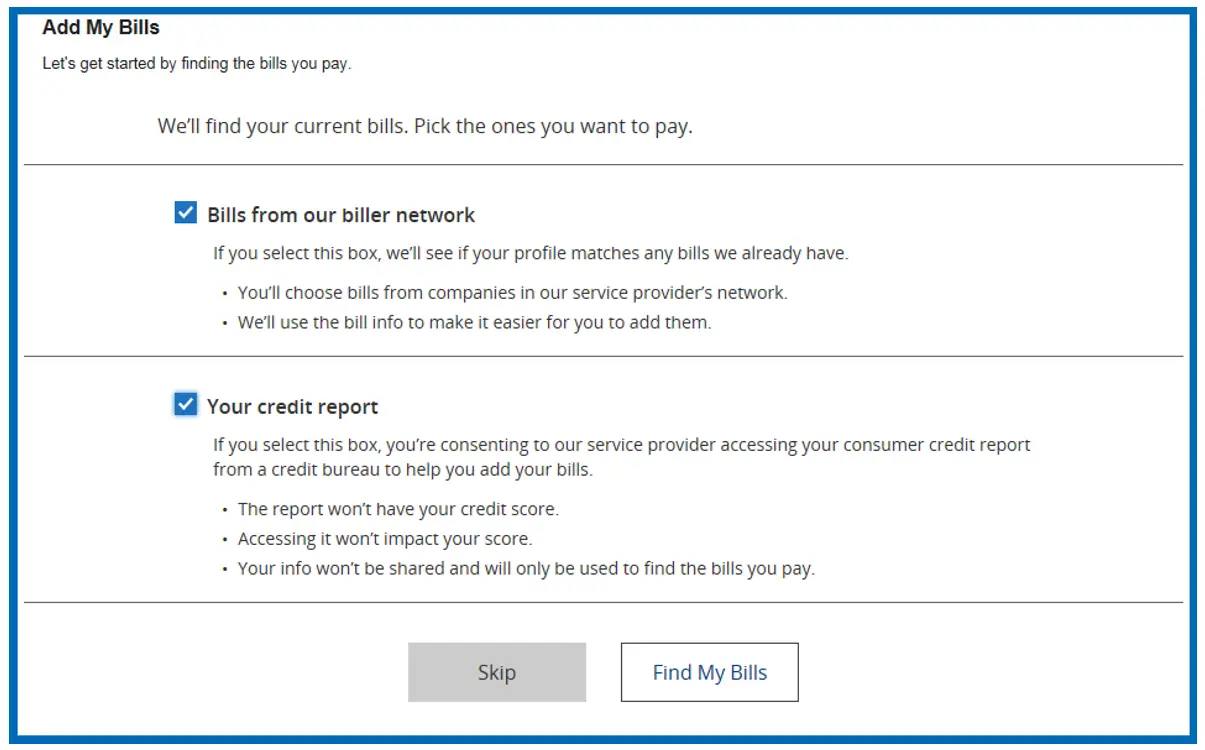
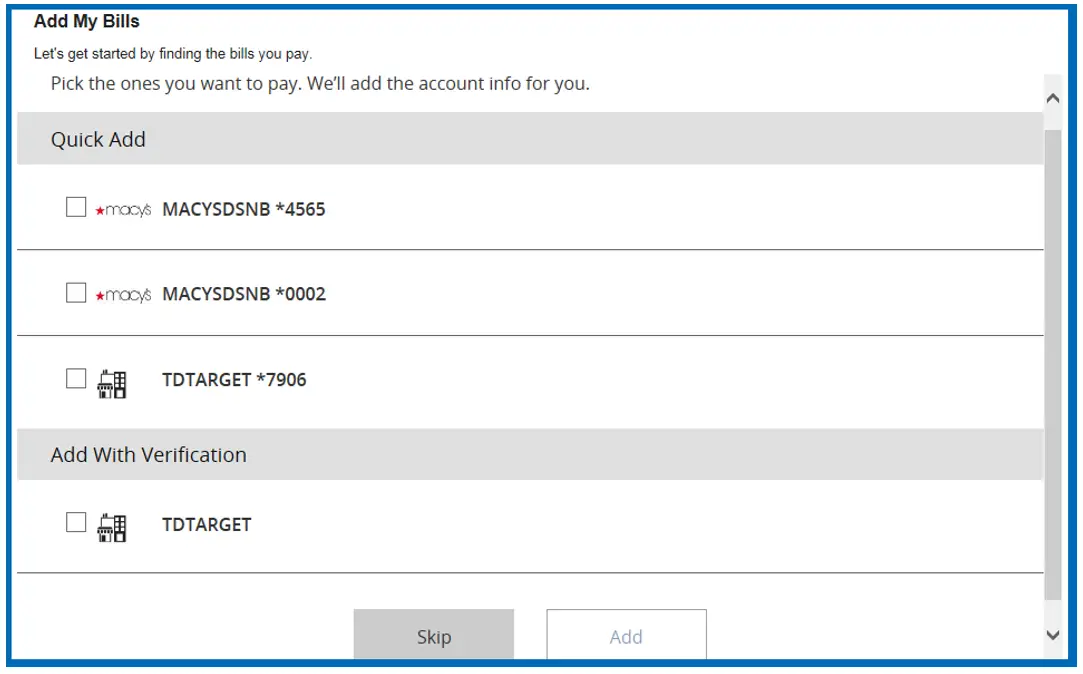
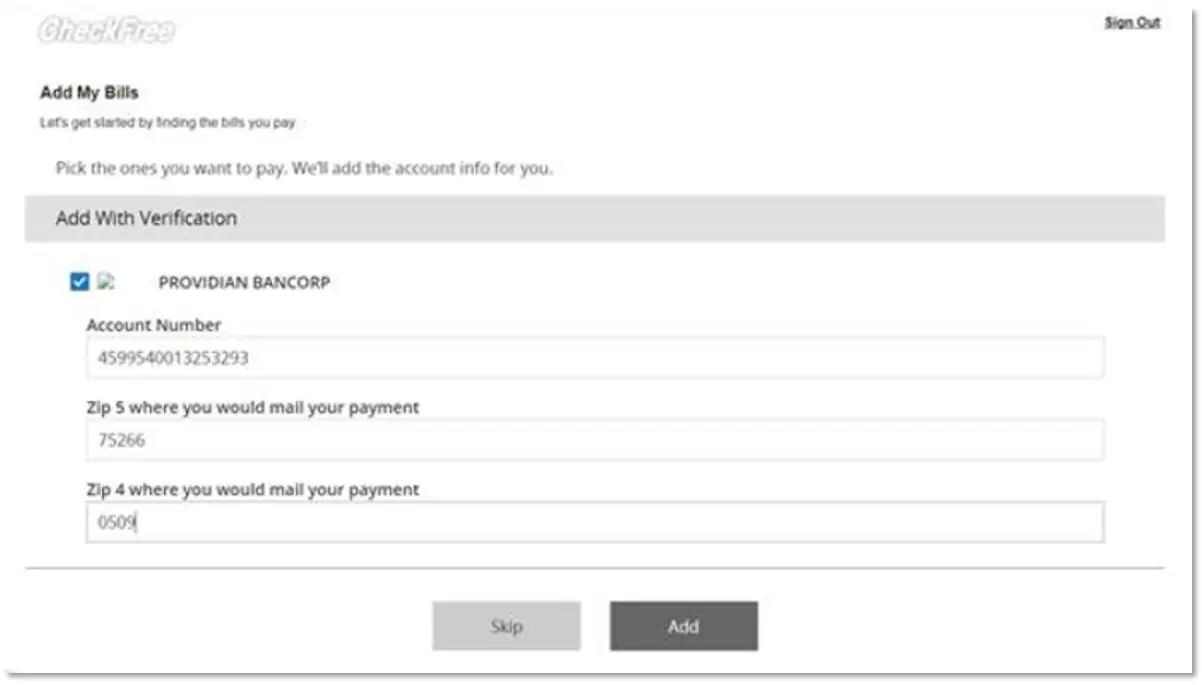
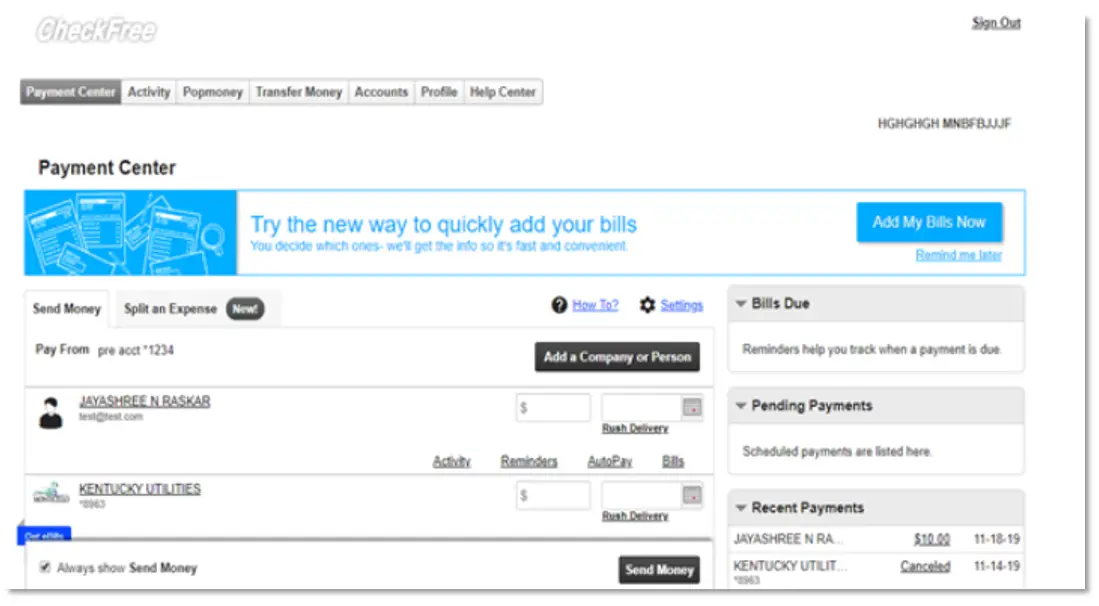
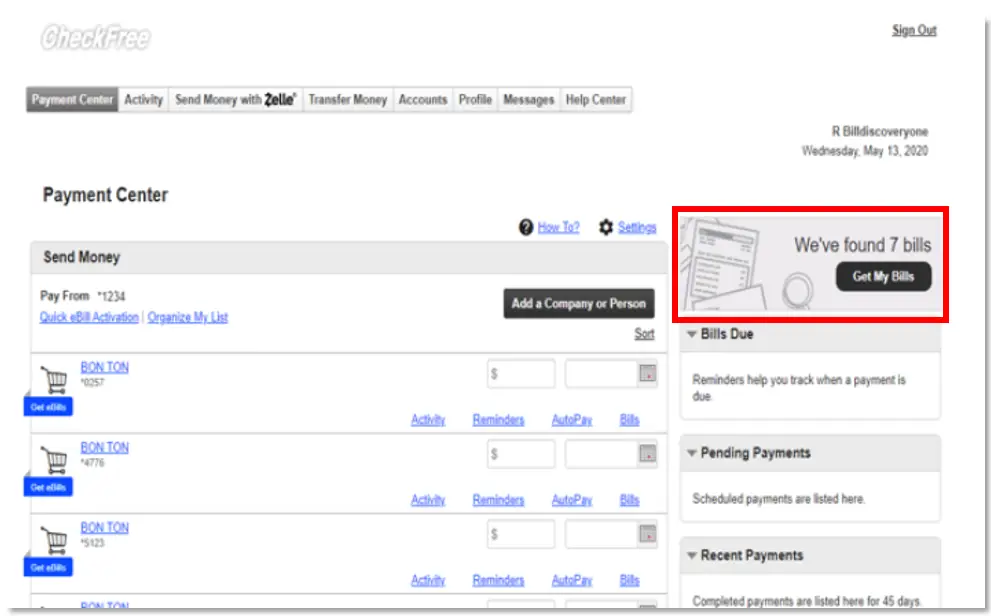
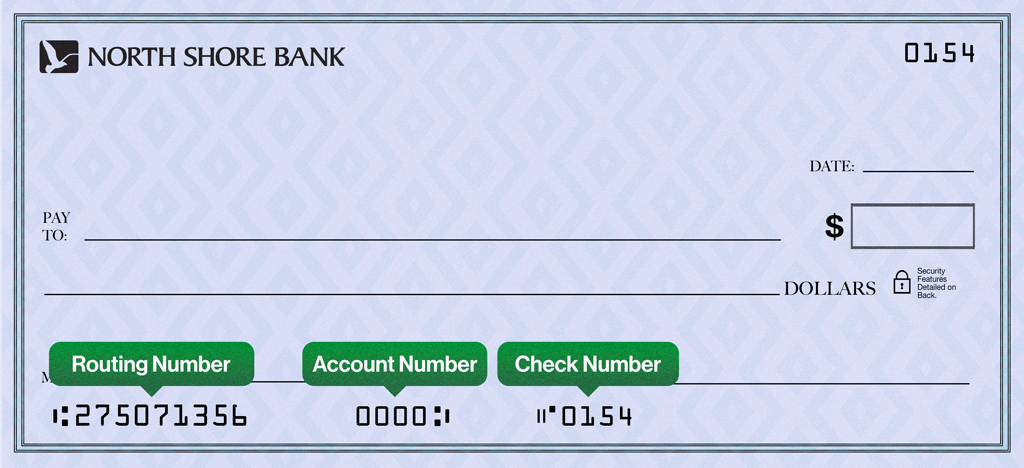 When opening an account online, your initial deposit must be done by transferring money from your current bank account or by debit or credit card.
When opening an account online, your initial deposit must be done by transferring money from your current bank account or by debit or credit card. Click on the three vertical dots alongside the blue “Pay” button
Click on the three vertical dots alongside the blue “Pay” button